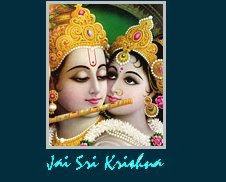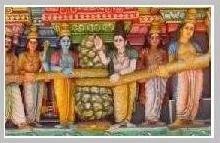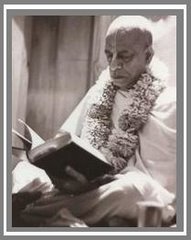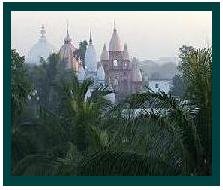 Georg Wilhelm Friedrich Hegel (August 27, 1770 – November 14, 1831) was a German philosopher, and with Johann Gottlieb Fichte and Friedrich Wilhelm Joseph Schelling, one of the creators of German idealism.
Georg Wilhelm Friedrich Hegel (August 27, 1770 – November 14, 1831) was a German philosopher, and with Johann Gottlieb Fichte and Friedrich Wilhelm Joseph Schelling, one of the creators of German idealism.Hegel influenced writers of widely varying positions, including both his admirers, and his detractors. Hegel developed a comprehensive philosophical framework, or "system", to account in an integrated and developmental way for the relation of mind and nature, the subject and object of knowledge, and psychology, the state, history, art, religion, and philosophy. In particular, he developed a concept of mind or spirit that manifested itself in a set of contradictions and oppositions that it ultimately integrated and united, such as those between nature and freedom, and immanence and transcendence, without eliminating either pole or reducing it to the other.
 ou might of asked why I posted this clip from Wikipedia about Wilhelm Hegel. The answer is relatively simple. Srila Bhakti Rakshak Sridhar Maharaj appreaciated Hegel very much and often borrowed themes and metaphors from this German Philospher. If you make a study of Hegel and that of Srila Sridhar Maharaj you will find vast similarities. The difference is however that Sridhar Maharaj is a Unalloyed Pure Devotee of the lord and used some of Hegle's ideas to promote the teachings of the Goswamis. Hegel was not a devotee but a philosopher and had lots of good ideas, many borrowed from Archelaus, Plato-Socrates, Aristotle and even some Cicero - AJD
ou might of asked why I posted this clip from Wikipedia about Wilhelm Hegel. The answer is relatively simple. Srila Bhakti Rakshak Sridhar Maharaj appreaciated Hegel very much and often borrowed themes and metaphors from this German Philospher. If you make a study of Hegel and that of Srila Sridhar Maharaj you will find vast similarities. The difference is however that Sridhar Maharaj is a Unalloyed Pure Devotee of the lord and used some of Hegle's ideas to promote the teachings of the Goswamis. Hegel was not a devotee but a philosopher and had lots of good ideas, many borrowed from Archelaus, Plato-Socrates, Aristotle and even some Cicero - AJD
(His influential conceptions are of speculative logic or "dialectic," "absolute idealism," "Spirit," negativity, sublation Aufhebung in German), the "Master/Slave" dialectic, "ethical life," and the importance of history.
* * *
Note: Y ou might of asked why I posted this clip from Wikipedia about Wilhelm Hegel. The answer is relatively simple. Srila Bhakti Rakshak Sridhar Maharaj appreaciated Hegel very much and often borrowed themes and metaphors from this German Philospher. If you make a study of Hegel and that of Srila Sridhar Maharaj you will find vast similarities. The difference is however that Sridhar Maharaj is a Unalloyed Pure Devotee of the lord and used some of Hegle's ideas to promote the teachings of the Goswamis. Hegel was not a devotee but a philosopher and had lots of good ideas, many borrowed from Archelaus, Plato-Socrates, Aristotle and even some Cicero - AJD
ou might of asked why I posted this clip from Wikipedia about Wilhelm Hegel. The answer is relatively simple. Srila Bhakti Rakshak Sridhar Maharaj appreaciated Hegel very much and often borrowed themes and metaphors from this German Philospher. If you make a study of Hegel and that of Srila Sridhar Maharaj you will find vast similarities. The difference is however that Sridhar Maharaj is a Unalloyed Pure Devotee of the lord and used some of Hegle's ideas to promote the teachings of the Goswamis. Hegel was not a devotee but a philosopher and had lots of good ideas, many borrowed from Archelaus, Plato-Socrates, Aristotle and even some Cicero - AJD

















